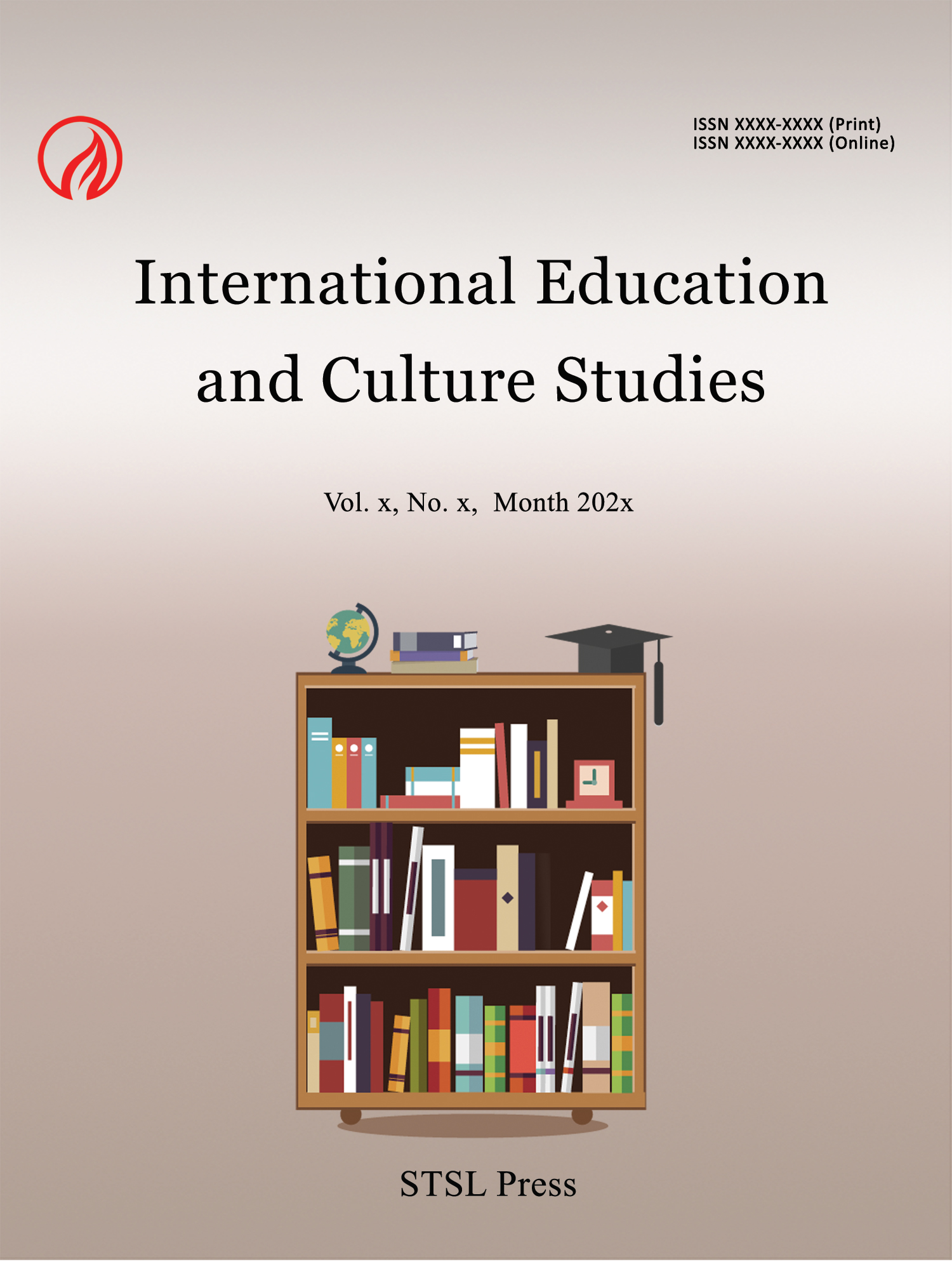From Classroom to the Streets: Assessment of the Implications of Banditry to the Disruption of Basic Education in Nigeria
Akinyetun Owolabi Olawunmi
Akinyetun Tope Shola
Abstract
Banditry continues to gain momentum and escalate the security conundrum in Nigeria whilst threatening to submerge the nation in a perpetual state of conflict. Security threats have heavily impacted basic education by creating a climate of fear and insecurity, which discourages school attendance and hinders schools’ ability to function effectively. This study explores the constraints that banditry poses on school disruptions, paying particular attention to teachers and students’ mental well-being. It also examines efforts made to mitigate the effects of menace. This study is pigeon-holed within the framework of Social Disorganization Theory and adopts a qualitative approach that relies on the use of secondary data sourced from peer-reviewed journal articles, government briefs, international organization reports, and the Internet. The study concludes that the constraints of banditry on basic education in Nigeria are enormous. This leads to the destruction of schools and other educational facilities; disruption of school schedules and attendance due to security concerns, threats, and violence against teachers and students; displacement of teachers and students due to insecurity; and a negative impact on the mental health and overall well-being of teachers and students. This paper recommends the improvement of security at schools, addressing the underlying social and economic issues that drive people to engage in banditry, and investing in economic development and job creation in areas where banditry is prevalent.
Paper:
pdf
DOI:
https://doi.org/10.71002/iecs.v3n2p1
 This work is licensed under a
Creative Commons Attribution 4.0 License.
This work is licensed under a
Creative Commons Attribution 4.0 License.
Contact us
- Jerry Lee
- iecs@stslpress.org
